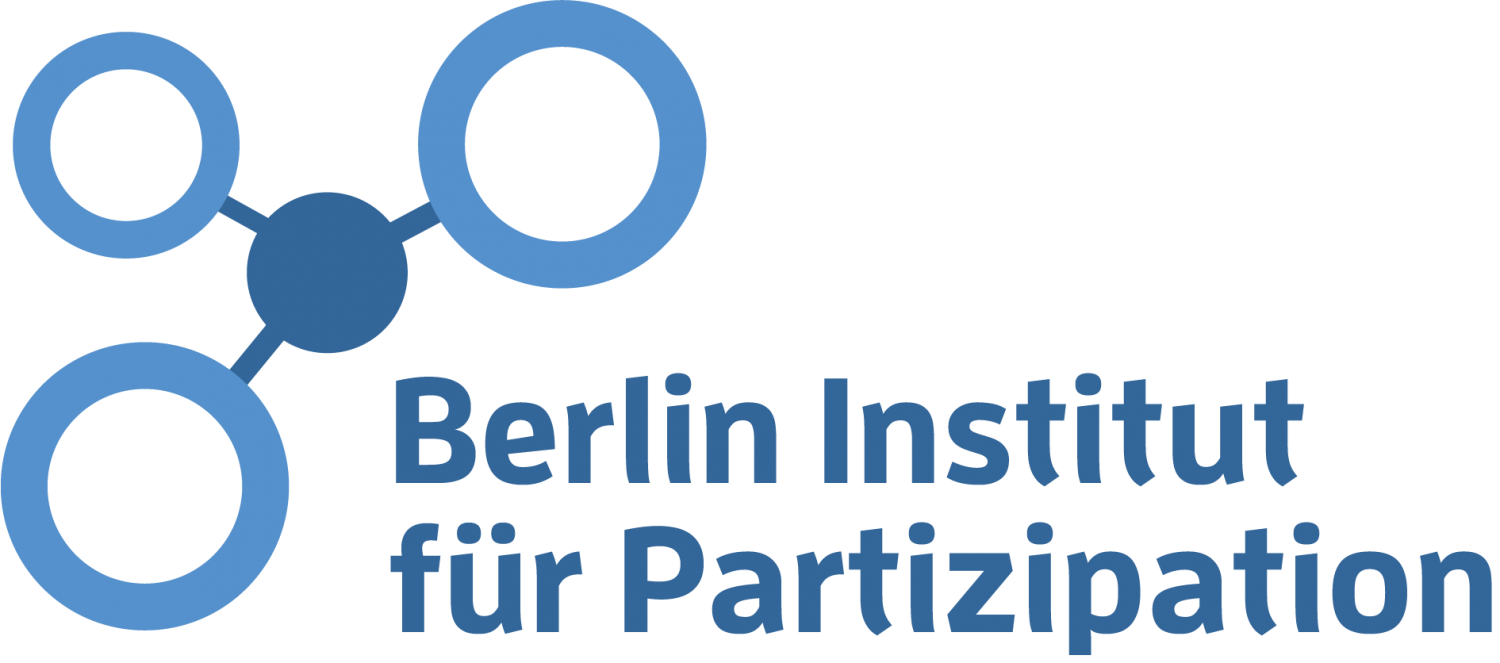Köln: Entwicklung neuer Leitlinien für die Bürgerbeteiligung
 Foto: Ger1axg via Wikimedia Commons, Lizenz: CC BY-SA 3.0
Foto: Ger1axg via Wikimedia Commons, Lizenz: CC BY-SA 3.0
Die Stadt Köln unternimmt einen weiteren Schritt in Richtung mehr Bürgerbeteiligung und möchte neue Richtlinien erarbeiten, nach denen Bürger künftig in Planungs- und Entscheidungsvorhaben eingebunden werden. Wenn es nach Jürgen Roters geht, soll eine „neue Form der Bürgerbeteiligung“ erreicht werden. Dazu wurde ein neues Gremium mit insgesamt 18 Sitzen gebildet, die von jeweils sechs Vertretern aus Politik und Verwaltung sowie sechs Mitgliedern der Stadtgesellschaft besetzt werden.
Die Stadtgesellschafts-Vertreter werden zur Hälfte von den Bürger-Intitiativen „Netzwerk Bürgerengagement“, „Leitbildgruppen“ und „Köln mitgestalten – Netzwerk für Beteiligungskultur“ gestellt. Für die übrigen drei Plätze konnten sich Bürger bewerben – insgesamt 70 Interessenten kamen zusammen. Bei einer Veranstaltung am 8. Juli 2015 im Kölner Rathaus wurden dann die drei Gewinner, Wiebke Mandt, Marcel Hövelmann und Petra Kittlaus per ausgelost.
Am 27. August soll das Konzeptionsgremium das erste Mal zusammentreten und über das weitere Vorgehen beraten. Anschließend werden innerhalb eines Jahres die Bürgerbeteiligungs-Leitlinien und Regeln entwickelt und für einen Ratsbeschluss Ende 2016 bereitgestellt.
Literaturhinweise
Das Prinzip Haltung: Warum gute Bürgerbeteiligung keine Frage der Methode ist Buchabschnitt
In: Jörg Sommer (Hrsg.): KURSBUCH BÜRGERBETEILIGUNG #3, Republik Verlag, Berlin, 2019, ISBN: 978-3942466-37-0.
Study on the impact of the internet and social media on youth participation and youth work Artikel
In: 2018, ISBN: 978-92-79-79849-8 .
Citizens’ Participation Using Sortition Forschungsbericht
Bertelsmann Stiftung Gütersloh, 2018.
The Oxford Handbook of Deliberative Democracy Buch
Oxford University Press , 2018.
Politics with the People – Building a Directly Representative Democracy Buch
Cambridge University Press, 2018, ISBN: 9781316338179.
Regieren in Kommunen. Herausforderungen besser bewältigen – Außen- und Binnenorientierung beeinflussen Sammelband
Springer VS, Wiesbaden, 2017, ISBN: 978-3-658-14609-2.
Methodenhinweise
Deliberative MappingBeim Deliberativen Mapping entwickeln Fachleute und Bürger gemeinsam in einem konsultativen Verfahren priorisierte Handlungsalternativen zur Bearbeitung eines Konfliktthemas.
Weitere Methoden finden Sie in unserer Methodendatenbank ...
